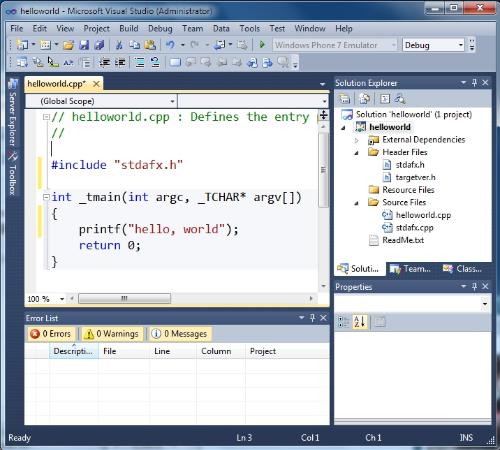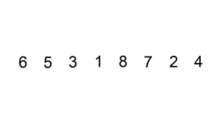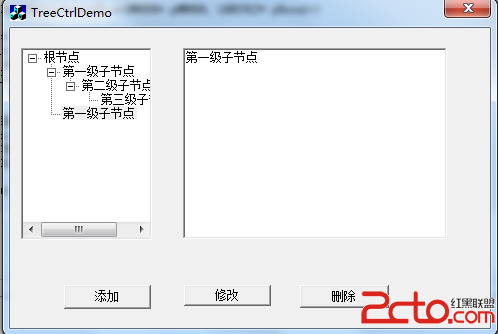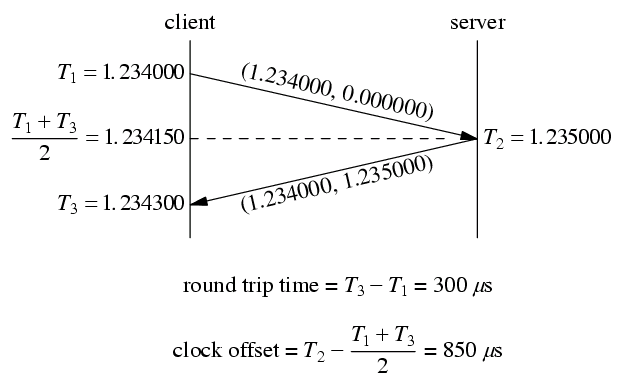如何用C++编译这个程序?
设计一个字符串类String。并能完成以下功能:(1) 能使用+=运算符进行两个字符串的连接运算。
(2) 能使用=运算符进行两个字符串的复制。
(3) 能使用==运算符对两个字符串判断是否相等的运算。
(4) 能显示一个字符串的值。
(5) 能计算字符串的长度。
编写相应的程序能实现上述功能,并进行测试。
分析:根据题意,需要设计的字符串类,应具有两个数据成员,即一个指向字符串的指针m_pStr和一个表示字符串长度的变量m_len.
需要的成员函数有:
(1) 对=、+=、==这三个运算符进行重载,使其能直接对两个字符串进行相应的运算;
(2) 对运算符“<<”进行重载,能直接输出String类型的数据;
(3) 能得到字符串长度的成员函数getlength();
(4) 相应的构造函数、析构函数和拷贝构造函数。
答案://完成后的String类的程序代码如下:
#include <iostream>
using namespace std;
class String
{
public:
String(); //默认构造函数用于创建空字符串
~String();
String(const String&rs);
String(const char*const ch); //带一个参数的构造函数用来初始化字符串
char&operator[](unsigned short int length);
char operator[](unsigned short int length)const;
String&operator=(const String&s); //赋值函数用于两个字符串之间的赋值
String operator+(const String &);
void operator+=(const String&rs);
friend ostream &operator<<(ostream & o, const String &str)
{
o<<str.str;
return o;
}
friend istream &operator>>(istream&i, String &str)
{
i>>str.str;
return i;
}
friend bool operator<(const String&str1,const String &str2)
{
if(strcmp(str1.str,str2.str)<0)
return 1;
else
return 0;
}
friend bool operator>(const String&str1,const String &str2)
{
if(strcmp(str1.str,str2.str)>0)
return 1;
else
return 0;
}
friend bool operator==(const String&str1,const String &str2)
{
if(strcmp(str1.str,str2.str)==0)
return 1;
else
return 0;
}
unsigned short int getlen()const{return len;}
const char*getstr()const{return str;}
private:
String(unsigned short int);
unsigned short int len;
char*str;
};
String::String(unsigned short int length)
{
str=new char[length+1];
int i;
for(i=0;i<=length;i++)
str[i]='\0';
len=length;
}
String::String()
{
len=0;
str=new char[1];
str[0]='\0';
}
String::~String()
{
delete []str;
len=0;
}
String::String(const String&rs)
{
len=rs.getlen();
str=new char[len+1];
for(int i=0;i<len;i++)
str[i]=rs[i];
str[len]='\0';
}
String::String(const char*const ch)
{
len=strlen(ch);
str=new char[len+1];
for(int i=0;i<len;i++)
str[i]=ch[i];
str[len]='\0';
}
char&String::operator[](unsigned short int length)
{
if(length>len)
return str[len-1];
else
return str[length];
}
char String::operator[](unsigned short int length)const
{
if (length>len)
{
return str[len-1];
}
else
return str[length];
}
String&String::operator=(const String&s)
{
if (this==&s)
return *this;
delete[]str;
len=s.getlen();
str=new char[len+1];
for(int i=0;i<len;i++)
{
str[i]=s[i];
}
str[len]='\0';
return *this;
}
String String::operator+(const String&rs)
{
int total=len+rs.getlen();
String temp(total);
int i,j;
for( i=0;i<len;i++)
temp[i]=str[i];
for( j=0;j<rs.getlen();j++,i++)
temp[i]=rs[j];
temp[total]='\0';
return temp;
}
void String::operator+=(const String&rs)
{
int total=len+rs.getlen();
String temp(total);
int i,j;
for(i=0;i<len;i++)
temp[i]=str[i];
for(j=0;j<rs.getlen();j++,i++)
temp[i]=rs[j];
temp[total]='\0';
*this=temp;
}
int main()
{
String s1;
cout<<"s1的长度:"<<s1.getlen()<<endl;
char*temp="help me";
s1=temp;
cout<<"s1:"<<s1.getstr()<<"\t s1的长度:"<<s1.getlen()<<endl;
char ch[10];
strcpy(ch,"all right");
s1+=ch;
cout<<"ch:\t"<<ch<<endl;
cout<<"s1:\t"<<s1.getstr()<<endl;
cout<<"s1:"<<s1<<endl;
s1[2]='o';
cout<<"s1:"<<s1<<endl;
cout<<"s1[999]:"<<s1[999]<<endl;
String s2="mother";
String s3("Mother");
cout<<"s2:"<<s2<<"\t s3:"<<s3<<endl;
String s4=s2+s3;
cout<<"s2+s3="<<s4<<endl;
int check=s2>s3;
cout<<"s2>s3:"<<check<<endl;
check=s2<s3;
cout<<"s2<s3:"<<check<<endl;
check=s2==s2;
cout<<"s2==s2:"<<check<<endl;
cin>>s2[0]>>s3[0];
s2=s2+s3;
cout<<"s2:"<<"\t"<<s2<<endl;
return 0;
}
希望对你有帮助。
上一个:为什么C++教程这么少啊
下一个:The difference between C++ and java.





